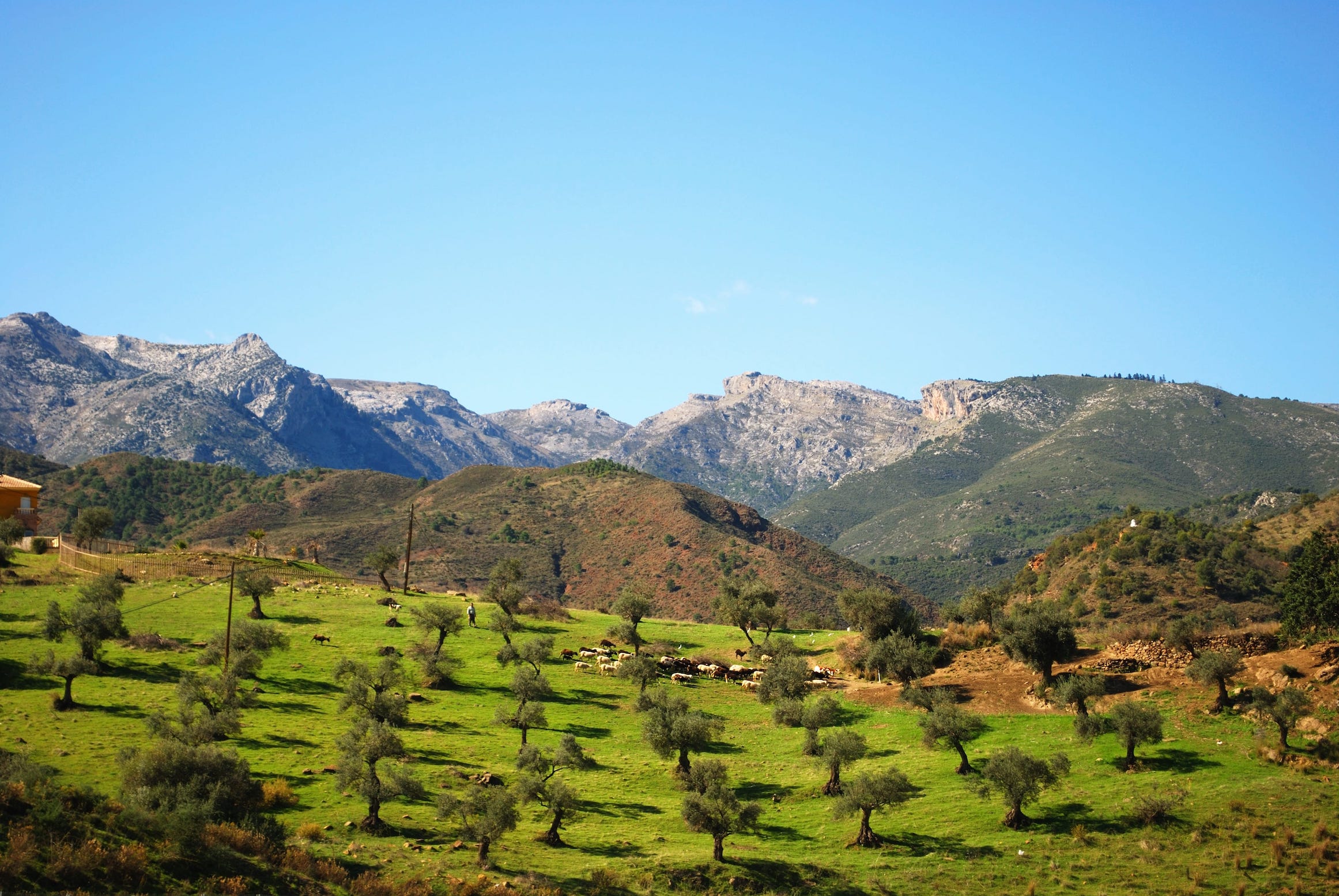Andalucia's New Planning Law

Introduction
Recognising that the 2002 regulations governing urban planning (known as LOUA: la Ley de Ordenación Urbanística de Andalucía) were too restrictive and based on an outmoded way of thinking, the Junta de Andalucia set about creating a more flexible model and this was brought into effect in June 2022. The new regulations are known as the LISTA: la Ley de Impulso Para La Sostenabilidad del Territory de Andalucía.
What Were The Motives For Change?
The need for increased flexibility, according to the Junta "is based on the search for quality of life for citizens and on the paradigm of sustainability from a social, environmental and economic perspective, since the principle of sustainable development requires harmonising the rational use of natural resources with new economic and employment conditions, equal treatment, social cohesion, personal safety and environmental protection."
It was felt that many of the existing regulations, particularly in rural areas were so complex and abstract that they failed to fulfil their purpose. There was a clear recognition that the new regulations needed to be adaptable to meet the swiftly changing conditions of the twenty-first century. The stated intention of LISTA is to "make the framework for action of the municipal urban planner more flexible, without limiting his capacity to organise his own territorial scope."
The key factors outlined in the new legislation are:
- Social, environmental and economic sustainability. This applies to all types of land use and whereas in cities it may be beneficial to be restrictive in rural areas faced with depopulation a more relaxed attitude may be appropriate.
- Streamlining and simplifying the planning process including lifting the regulatory density in urban planning.
- The promotion of practical, realistic and enforceable instruments rather than merely theoretical ones.
- Simplification of the instruments of urban and territorial planning.
- Participation of all economic, professional and social sectors in the decision making process.
- Strengthening of public-private initiatives, including taking into account not only economic perspectives but also the need to improve cities, towns and the rural environment.
- Devolution of increased responsibilities from the Junta to local urban planners. This is seen as particularly important in towns of less than 10.000 people for whom existing regulations drawn up with larger towns and cities in mind may not be appropriate. Planning in such environments needs to be more agile.
- A changed attitude in urban planning away from the functions associated with the motor vehicle towards creating citizen-friendly environments. The health and well-being of the population is a fundamental aspect of urban planning.
- The reduction of formalities in administrative procedures and the elimination of administrative authorisations.
- Creation of a more transparent planning process, speeding up of approval of compliance documents.
What are The Practical Ramifications?
The biggest single change affects rural land. It will no longer be prohibited to build on rural land unless it falls within a protected area. This should see the legalisation of existing buildings built without planning permission as well as easing the restrictions on extensions to existing buildings and the possibility of new builds, all subject to local regulations rather than an Andalucia-wide blanket prohibition.
Another major change will be the elimination of legal challenges to projects, a cause of frustration for many municipalities which have approved plans for development. Because of the multitude of often conflicting legislation, it has been possible for interested parties, either individuals or groups, to impede the progress of plans through legal challenges. By simplifying and unifying the legislation, this avenue will be removed.
In general terms LISTA will make life much easier, especially in the countryside, for owners who wish to extend their property, legalise existing extensions or even building on green sites, although this will be dependent on local approval.


